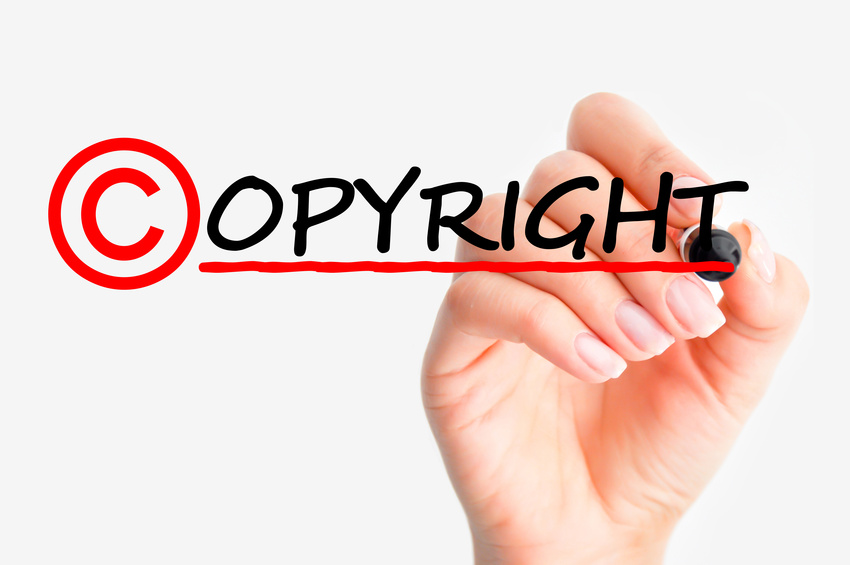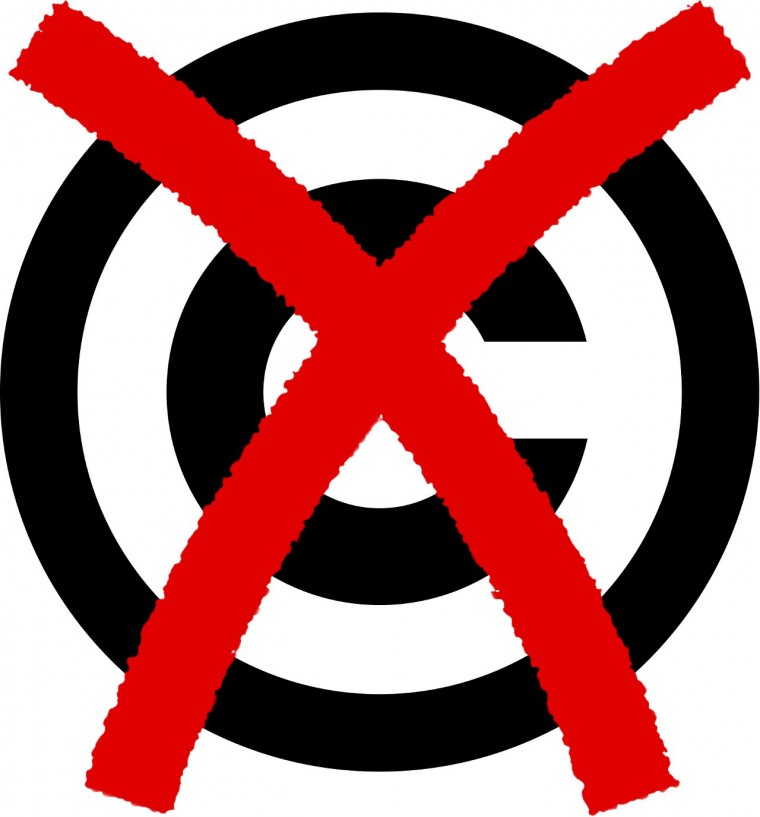The copyright lobbyists think that the current owner’s rights are especially essential in digital environment, where due to the development of Internet and digital technologies, creative content can be easily copied, edited and disseminated in a very short time without incurring significant costs (Gracz and De Filippi, 2014). If this continues, the cultural industries, and authors particularly, that undertake the production of content as their primary business will be destructed (Stevenson, 2011). It will lead to the insufficient economic reward for the authors who ‘make a living from their talent and efforts’ (CLA, 2016). As the copyright owner, authors are entitled to obtain royalties that are, for instance, spent on paying for studio rent, equipment, and materials (Copyright User, 2016).

What is copyright – (Emergecounsel, 2016)
Copyright infringement also threatens traditional media industries that derive most of their income by selling intellectual property, art and literary works (Flew, 2015).
‘Copyright has an important purpose in benefiting society by encouraging the creation of works of learning, the arts and entertainment that the members of society can enjoy'(Bosher and Mendis, 2015). According to Leaffer (1995), without protection of authors’ intellectual labor, they will not have an incentive to create new masterpieces that will result in cultural impoverishment of society (De Filippi, 2012, p.11). Moreover, copyright system underpins substantial economic growth of developed countries (CLA, 2016). For instance, Creative Industries accounted for 5.2 % of the UK economy in 2014 (Gov.uk, 2016).
One more argument for copyright is that it protects technical innovations, especially in the sphere of software development which requires huge investments and big risks. Without protecting the source code by copyright, IT companies will not be able to collect revenue since development implies spending big sums of money on well-qualified professionals and auxiliary software. Open source initiators in their turn are not able to focus on a product development as much as commercial companies, which often results in ‘piecemeal development and insecure products’ (Athique, 2013).
Since internet involves new forms of communication and consumption where users actively participate in the creation of content as well as its modification, it is important to use copyright for distinguishing between ‘real cultural works’ and ‘amateur ones’ as well as control the quality of cultural production (Stevenson, 2011).
This video shows the economic side of copyright infringement and further consequences for media industries:
.
(Flamingo Films, 2013).
